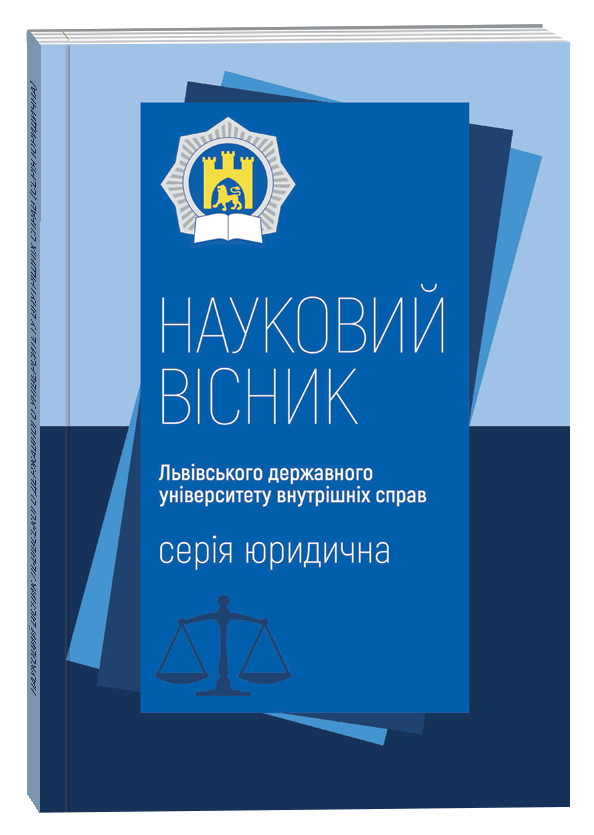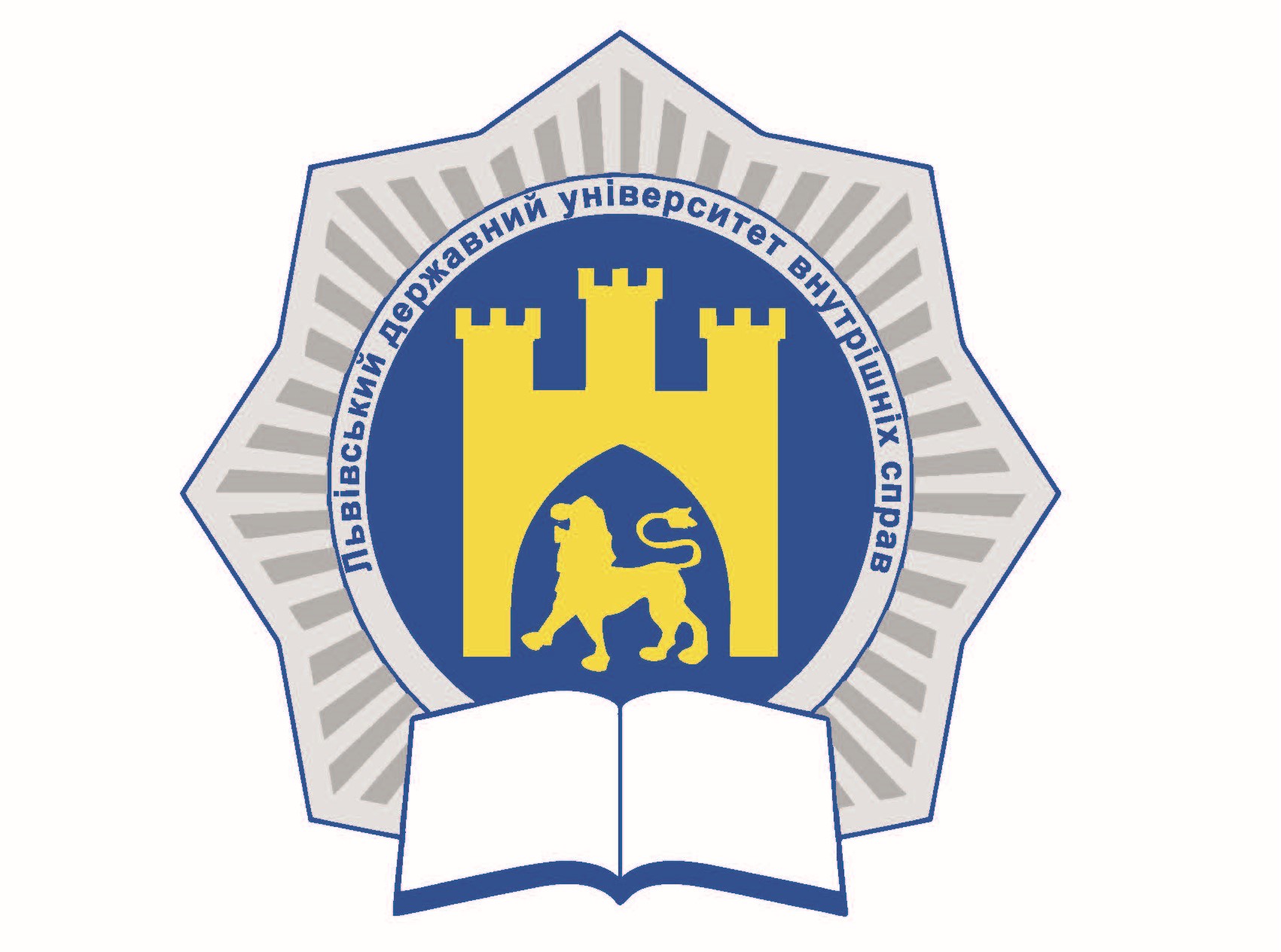ORGANIC-DEONTOLOGICAL LAWS OF SOCIETY
DOI:
https://doi.org/10.32782/2311-8040/2023-3-21Keywords:
society, laws of society, laws of the universe, organic laws, ontological laws, deontological laws, ordological culturology, existential culturology, transcendental culturologyAbstract
. Man is crowned by a supernatural creation, therefore he is forced to obey the laws of nature, which were created during the six days of the creation of the world. These laws form individual, public natural law, which must be reflected in state legal norms. Society is the earthly kingdom of man, the reverse side of the heavenly kingdom, which the state must help. A person, living in society, should not wander with his soul and heart, but act according to the created natural and supernatural law. Society functions according to the universal laws of life, the ontological laws of Nature. There is an ontological meeting of society with natural and supernatural laws. At the same time, the purpose and fruitfulness of society is to preserve ontological harmony. After all, the laws of Nature, its forces, without the participation of society, affect the development of the plant and animal world, the weather, and the entire biosphere. Society tries to implement (observe, perform, use, apply) and even develop these life-giving forces. This forces members of society to delve deeper into natural and supernatural laws. As a result of such an ontological action, various internal forces of the society itself, its potential abilities, which are aimed at maintaining the value of human life, arise. But the ontological realization and development of society creates natural, natural problems: not all members of society are adequately aware and understand what is happening in the universe. Such imperfection is explained by the unfinished project on man. Therefore, waiting for the deontological implementation of the Universal Laws of Life has certain natural tolerances, the limits of inferior development. That is, in the functioning of society, imperatives of different amplitudes appear, which are not harmonious or chordal. Of course, such a continuing influence of causes on the development of society enters into a certain inertia as an unchanging state of uniform rectilinearity. Of course, with the appearance of additional human actions, inertia acquires a new state. As a result, we have the case that the social imperative, the inertia of society turns into organicity (inseparability, internal integrity) as a feature or character of society
References
Арендт Ганна. Становище людини / пер. з англ. Марія Зубрицька. Львів-Жовква: Видавництво ОО Василян Місіонер, 1999. 255 с.
Гюм Девід. Трактакт про людську природу / пер. з англ. Павло Пасада. Видавничий дім «Всесвіт». Київ: 2003. 552 с.
Джон МакТагарт Еліс МакТагарт. Природа існування. Том I. Київ: Темпора, 2022. 536 с.
Джон МакТагарт Еліс МакТагарт. Природа існування. Том II. Київ: Темпора, 2022. 912 с.
Сливка С.С. Філософія права: том 4. Канонічне право: підручник / Вид. 5-те, переробл. і допов. Київ: «Видавництво Людмила», 2021. 347 с.
Сливка С.С. Філософія права: том 12. Канонічне право: підручник / Вид. 5-те, переробл. і допов. Київ: «Видавництво Людмила», 2023. 256 с.
Темплтон Дж.М. Всесвітні закони життя. 200 вічних духовних принципів / Джон Маркс Темплтон: пер. з англ. Орислава Бриська. Львів: Видавництво «Апріорі», 2020.









